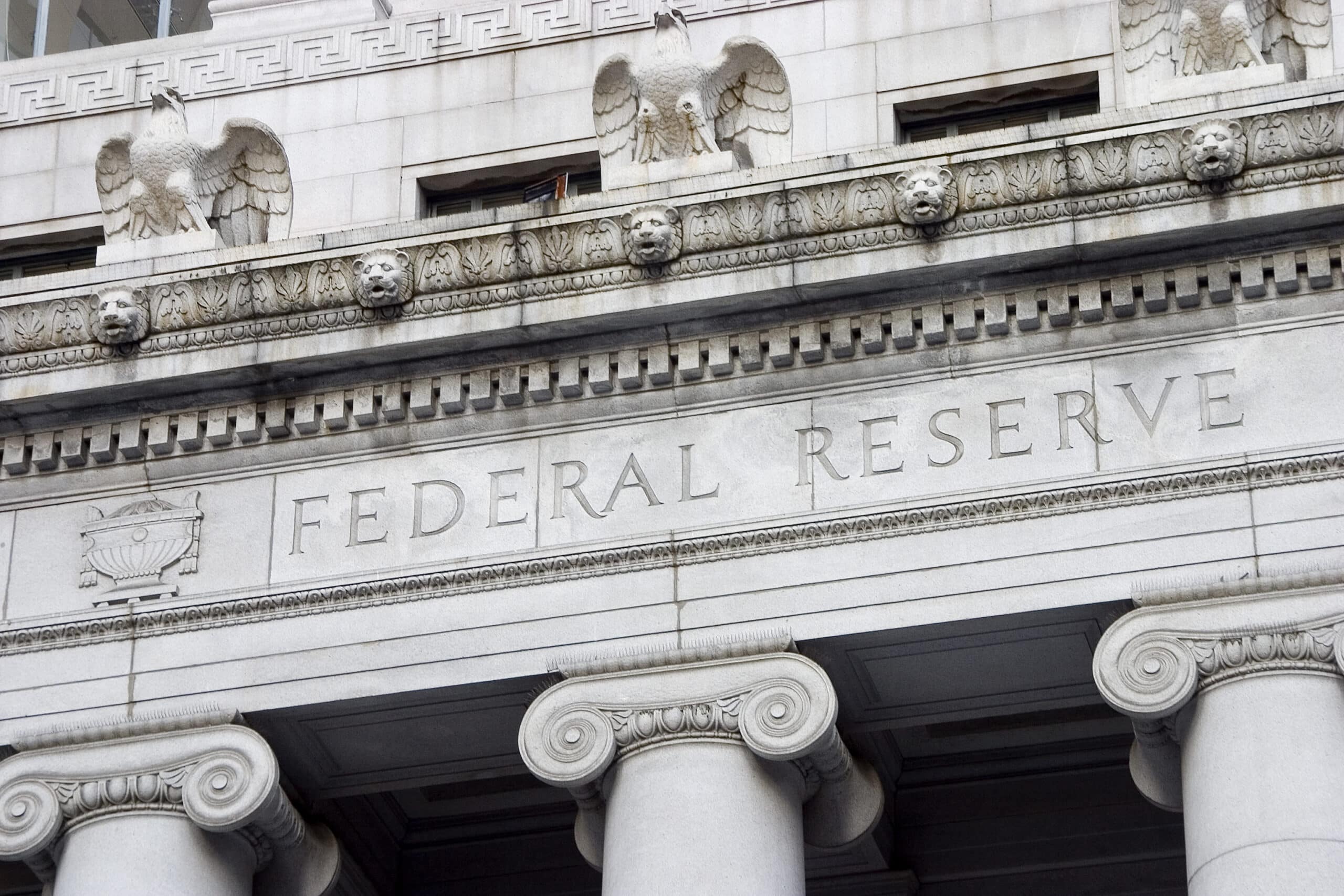Is the coronavirus remedy digital?
Auto lenders have been steadily beefing up direct lending initiatives, and the new coronavirus might put their efforts to the test. In fact, a solid direct lending platform may be the key to reducing the potential slowdown brewing in the auto finance market.
Consumers nationwide have been hunkering down, practicing “social distancing” to limit the spread of COVID-19. In an effort to limit crowds and potential exposure, companies have scrapped conferences, airlines have canceled flights, and sporting leagues have suspended their seasons. Schools are closing or holding classes remotely, and people are being encouraged to work from home.
While foot traffic at dealerships may start to decline as people self-quarantine, the ability to shop online and secure financing for vehicles will provide opportunities for lenders to mitigate the likely slowdown. Although car purchases might not be the No. 1 priority for folks right now, financiers should review their direct lending sites to ensure ease of use and clarity for potential customers.
In the past month, several lenders have enhanced their online lending businesses. Nicholas Financial doubled its direct lending footprint to 12 states and expects volume to ramp up as operations gain traction. Veros Credit is working to obtain licenses in California, Florida and Texas, with the intent to roll out direct lending operations next quarter. With an increasing number of subprime lenders entering the direct lending arena, consumers with tarnished credit histories will gain access to a seamless online lending product.
Meanwhile, Westlake Financial’s recent online push has been toward refinancing, targeting customers who submitted applications to the lender but ultimately secured financing elsewhere. Declining interest rates should help spur auto loans and refinances. The average new-car interest rate was 4.73% as of Feb. 28, down from 5.22% a year ago, according to Informa Financial Intelligence. It will likely shrink further, with the Federal Reserve expected to slash the fed funds rate to 0% by month’s end. The anticipated move will likely be a welcome effort for consumers who face potential income struggles and seek ways to lower their monthly bills.
To that end, lenders should be proactive about assuaging customers’ fears about the uncertain fallout from the coronavirus. For starters, lenders might consider messaging on their websites to address customer questions and concerns about potential options related to the effects of the coronavirus on their ability to make payments. Consumers crave information — lenders should make that information easy to find and understand.
Along those lines, lenders might consider implementing loan-extension protocols — similar to those enacted after natural disasters — for people affected by coronavirus. With hurricanes or tornadoes, for instance, lenders typically suspend outbound collection calls to hard-hit areas. Certainly, In the case of coronavirus, it would be tougher to identify affected individuals. But collection and customer service agents should be instructed to offer leniency on monthly payments for customers facing lost wages as a result of virus-induced downtime at work.
Also, perhaps lenders should take a page from Hyundai’s 2009 credit–crisis playbook and include a job-loss protection component to their warranties. The “Assurance Program,” as it was called in 2009, allowed buyers and lessees of new Hyundai vehicles the ability to return their cars for up to a year after purchase if they lost their income due to a job loss. That coverage was free and even included as much as $7,500 in negative equity.
Products that assuage consumers’ concerns and address their fears will likely engender goodwill and strengthen loyalty. A customer who can walk away from a vehicle loan after suffering a job loss is more likely to seek out that same lender when he’s ready to buy his next vehicle. And clearly delineating company policies relating to payment might be the necessary elements to spark consumers’ interest in car shopping.















